Herbs and Spices you should eat
Are you ready to learn about the herbs and spices that you should consume for your well-being? This is not only going to excite your taste buds but will also infuse your meals with incredible health benefits. We are going to explore the diverse world of herbs and spices you should eat that will do a great job in transforming your food into a culinary art while also fostering your overall health and well-being. This guide will help you improve the flavour of your meals as well as the nutritional content of those meals. From basil to turmeric, cinnamon to rosemary, and everything in between. Get ready to find the key to a happy and healthy life by getting the herbs and spices your cooking depends on.
1. Basil
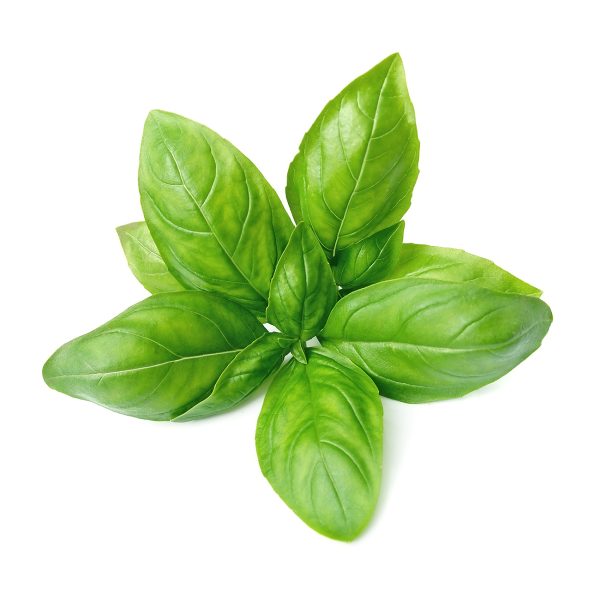
Let me introduce you to basil, a fragrant plant that steals the show in many dishes. Adding basil to Italian, Thai, or Mediterranean food makes it taste fresher. It adds colour to your food and is good for your health because it is full of vitamins. To try something new in the kitchen, put it in soups, pasta, or even oils.
2. Turmeric
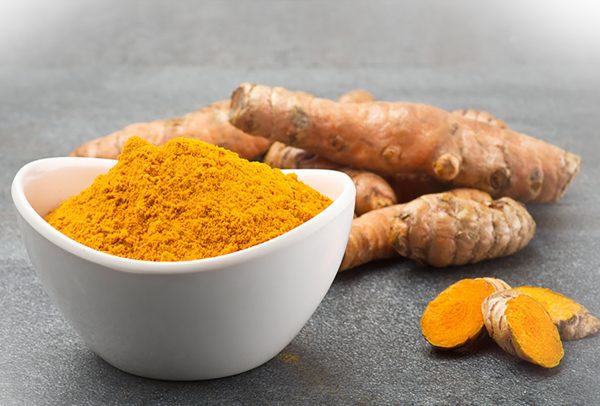
With its warm, earthy taste and bright colour, turmeric is more than just a spice; it’s also a nutritional force. Curcumin, which is what makes it work, is an anti-inflammatory and antioxidant. Feel free to add a little turmeric to soups, curries, or even drinks to make them taste more golden.
3. Cinnamon
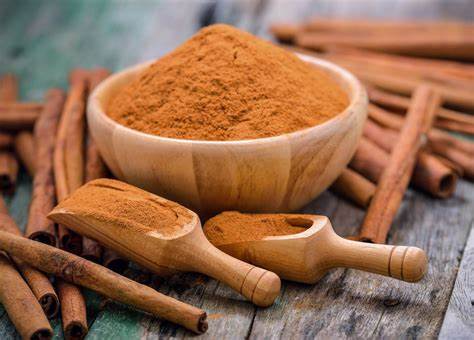
Cinnamon makes both sweet and savoury foods a little sweeter and warmer. The benefits are beyond the lovely smell. This spice is something that should not be missing in your kitchen because it can help keep blood sugar levels in check. You can put it on muesli, yoghurt, or even cooked vegetables to feel better and get more health benefits.
4. Rosemary

Rosemary is a versatile herb that gives many foods more flavour. Its scent is like pine. It’s not just about taste; it’s about your health because it’s full of antioxidants and anti-inflammatory chemicals. You can add it to roasted foods, potatoes, or olive oil to make it taste even better.
5. Ginger
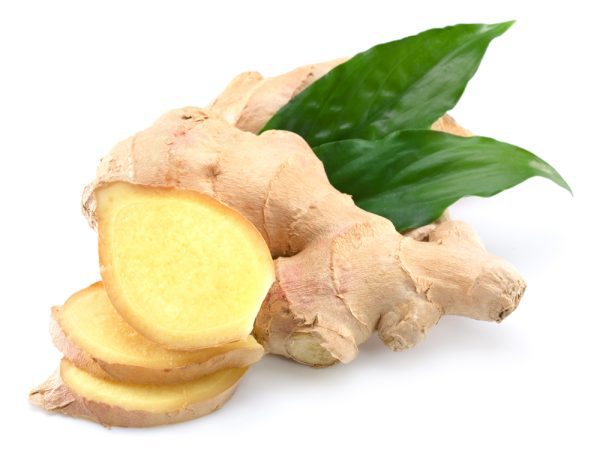
If you are looking for a great way to add flavour to both savoury and sweet foods, ginger is a great idea because it is zesty and slightly spicy. Ginger is known to help with nausea and inflammation, and it also gives teas, sweets, and stir-fries a kick. Don’t forget to use this root in your cooking for a huge flavour boost and health benefits.
6. Oregano
Oregano is a main ingredient in Mediterranean cooking because it has a strong, slightly spicy flavour. This plant not only makes food taste better but also helps you eat healthier because it is full of antioxidants. Just add oregano to salads, pizza, or roasted veggies to make them taste like they were made in the Mediterranean.
7. Garlic
This herb has a strong smell and tasty taste, garlic is a culinary star all over the world. In addition to making food taste better, garlic is praised for its possible health benefits, such as its ability to boost the defence system. Garlic is good for you and tastes great. You can roast it, sauté it, or use it as a base for stews.
Conclusion
These herbs and spices aren’t just good for you; they’re also good for your taste buds. Enjoy the wonderful flavours and health benefits they bring to your table. Try different combinations, find new favourites, and let your culinary trip be a celebration of both tasty food and good nutrition.
FAQs About Herbs and Spices you should eat
Why should I include herbs and spices in my diet?
Mixing herbs and spices into your diet not only makes your food taste better, but it also has many health benefits. A lot of herbs and spices are full of minerals, vitamins, and chemicals that are good for your health.
What are some commonly used herbs and spices and their health benefits?
A lot of herbs and spices are good for you in different ways. For instance, turmeric can help reduce inflammation, cinnamon may help keep blood sugar levels in check, and garlic is known to boost the immune system. You can get a lot of health benefits from trying new things.
How can I use herbs and spices in everyday cooking?
Herbs and spices can be used in many ways, such as to rub on meat, make soups and stews taste better, or just sprinkle them on veggies. Try mixing flavours in different ways to find the ones that really suit your taste.
Can herbs and spices replace salt in my dishes?
Yes, flowers and spices are great things to use instead of salt. They make your meals taste better without making you eat more salt. This is especially helpful for people who want to cut back on salt for health reasons.
Are there specific herbs and spices for boosting metabolism?
Some herbs and spices, like ginger and chilli pepper, are thought to speed up the metabolism. Even though they might have a small effect, it’s important to combine them with a healthy diet and regular exercise for the best effects.
Can I grow my own herbs at home?
Of course! Growing flowers at home is a fun and inexpensive way to add fresh, tasty ingredients to your food. A lot of herbs, like mint, basil, and rosemary, do well in pots or small gardening.
Are there any herbs or spices that help with digestion?
People often think of ginger and peppermint as herbs that can help with digestion. They might help your digestion if you eat them or drink them, like in teas or as part of meals.
Can I use dried herbs and spices instead of fresh ones?
Yes, dried herbs and spices are easier to use than fresh ones, and they can be kept for longer. Remember that the strength of the flavour may vary, so change the amounts as needed. In general, one tablespoon of fresh herbs is equal to one teaspoon of dried herbs.

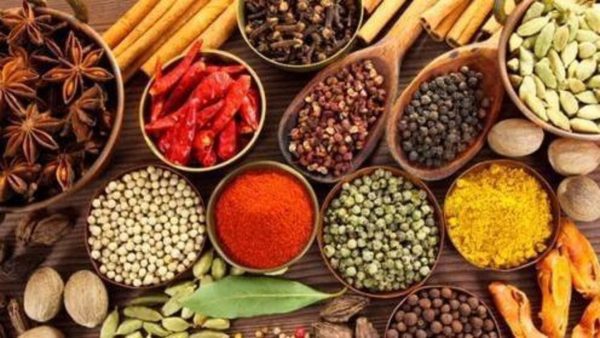
Leave a Reply